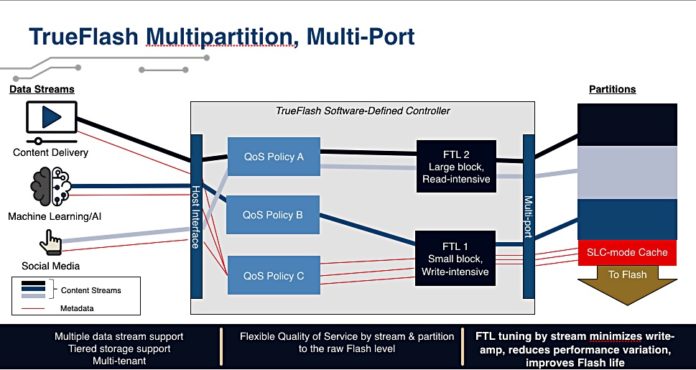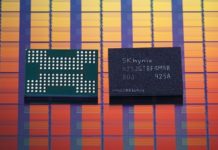Flash storage software startup Burlywood has introduced an analysis service for SSDs that profiles their production workload in order to tune operations.
Customer workloads differ by read/write mix, IO sizes, and logical block addresses. Workloads can be viewed as generating data streams for SSDs, and each identifiable data stream type ideally needs its own customised SSD to handle it most efficiently. According to Burleywood, an SSD that matches one workload is less efficient dealing with others.
Burlywood gives an SSD controller multiple flash translation layers (FTL). This software maps incoming datastream data addresses to the data blocks in the SSD. It supports wear-levelling and other SSD performance and endurance-focused processes in the drive.
Different FTLs are used for datastreams with different profiles to enable the SSD to fine-tune performance.
This depends upon Burleywood’s TrueFlash Insight service which installs software in SSDs to record IO telemetry over hours or days. The data is sent to Burlywood and analysed to profile the workload hitting the SSDs. Burlywood service reps can help a customer with the telemetry focus and gathering.
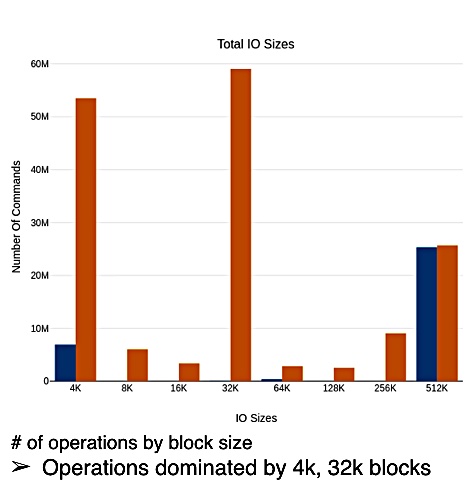
The analysis reveals the characteristics of the incoming datastreams and identifies any different types; read-intensive or write intensive; exhibits a degree of logical block address locality, block size distribution, etc.
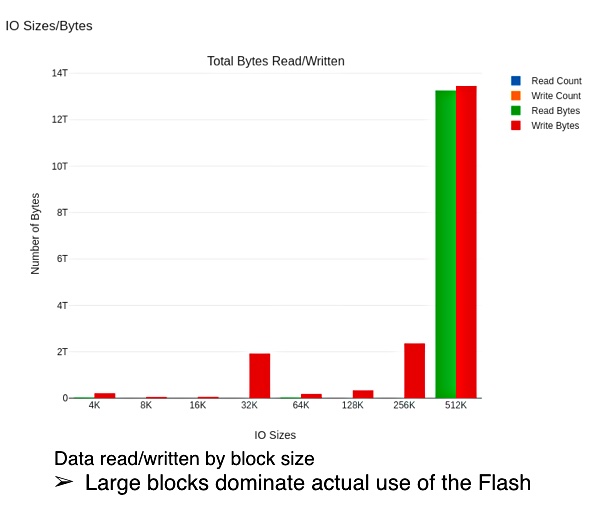
Where there are separated datastream types the Burlywood SSD controller is installed with multiple FTLs. A driver recognises incoming IO types and sends them to the right FTL. In effect a single SSD is partitioned or virtualized into several concurrent SSDs matched to the incoming datastream types.
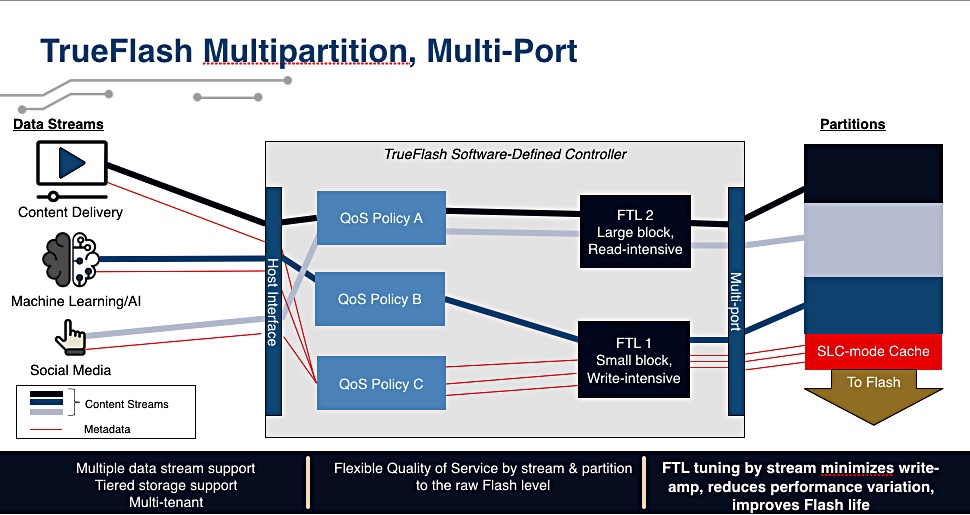
Currently Burlywood supports relatively low capacity SATA and NVMe interface SSDs. It is developing support for two types of NVME SSDs with much higher capacities.
Burlywood said its SSDs are suited for cloud service providers and hyperscale users who need to extract more performance and endurance than commodity drives can provide
At time of publication, we have not seen example data showing drive performance before and after customisation through TrueInsight.
Blocks & Files suggests Burlywood might develop the technology to automatically profile the workload datastream, with data sent to a SaaS-based analysis service, and SSD controller alteration recommendations sent to the customer direct for examination and subsequent installation.
This would enable the SSDs to cope with workloads that change over time.


